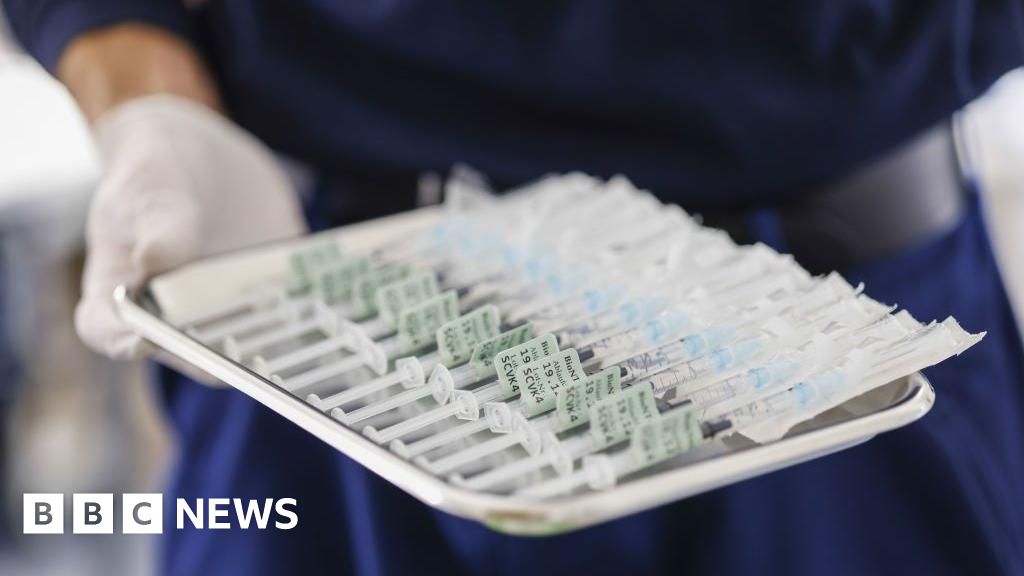ARTICLE AD BOX
Post Office scandal victim Pauline Thompson was convicted on the day her daughter went into labour.
Like hundreds of other sub-postmasters and mistresses, she was caught in a nightmare caused by faulty computer software that was supposed to record Post Office takings each day.
But no matter how many times she processed the money at her sub-Post Office in a small Kent village, the sums just did not add up.
"It got to the stage when it was like looking at some other Post Office's screen," she told an inquiry into one of Britain's most serious miscarriages of justice.
"It was telling me there should be £34,000 in cash, and that just wasn't possible, our Post Office would never have that much cash," she said.
In 2008, she was arrested, held in a police cell, and questioned. "I just literally blanked out what was happening," she said on Monday, the second week of an inquiry that is expected to last all year.
On the day of sentencing, with her lawyers telling her to pack an overnight bag, Mrs Thompson arrived at court just as her daughter had gone into labour.
Indeed, she thinks the sentencing of 180 hours of unpaid work was probably delivered at the same time as her granddaughter.
As the only breadwinner of the household, and now unable to pay the rent she and her husband were evicted from their home.
Mr Thompson got a job delivering papers in the village, and Mrs Thompson began walking the dogs of her former customers.
It was only in 2010, after receiving a letter from Alan Bates of the Justice for Subpostmasters Alliance, that she realised she was not alone and many other former Post Office managers were also being wrongly targeted.
Between 2000 and 2014, more than 700 sub-postmasters and mistresses were accused of theft, fraud and false accounting. A total of 72 have had their names cleared so far.
The inquiry, led by High Court judge Sir Wyn Williams, is examining whether the Post Office knew about faults in the IT system, Horizon, developed by Japanese company Fujitsu.
Image source, PA Media
Image caption,72 sub-postmasters and mistresses celebrated the quashing of their convictions last April
Former sub-postmaster John Dickson told the inquiry that despite his innocence he pleaded guilty to save his wife more pain.
He said he had spent years trying to block out the memories of being convicted and then financially hounded by the Post Office. "I just don't want to remember it," he said.
Mr Dickson used to work at Rolls-Royce, before taking on a post office in Mansfield. But in 2011 he was dismissed after an audit showed a shortfall at the branch of £29,000 that he could not explain.
Family suffering
He had repeatedly rung a Post Office helpline when the accounting software was producing incorrect numbers, and described staff there as "useless".
When taken to court he pleaded guilty as he believed his wife would have been charged otherwise, and he was given a suspended sentence.
Image source, Post Office Horizon IT Inquiry
Image caption,John Dickson said he pleaded guilty to stop his wife being charged
Since that point the Post Office has been pursuing the supposed missing money, with a confiscation order placed on the couple making them repay £100 a week.
Mr Dickson has managed to secure work at a steel plant, and said if it had not been for that "we'd have been out on the street".
He described how his youngest son suffered at school, and his wife was shouted at in the street.
Former sub-postmaster Timothy Burgess detailed the devastating impact the scandal had on his own family.
Mr Burgess had previously been with the RAF and saw service in Belize, Cyprus and the Gulf War before deciding to buy the post office in Catterick with his wife and two children.
Problems with the Horizon system left Mr Burgess with a £24,000 shortfall at one point. When prosecuted by the Post Office, Mr Burgess agreed to plead guilty to the lesser charge of false accounting. He was given 120 hours community service, and ordered to repay the Post Office £7,500 which he had to borrow from his father-in-law.
Mr Burgess said his mother had died before seeing him exonerated while his sister "thought I was guilty".
"She thought 'no smoke without fire'. I was working for one of the most trusted organisations in the country, it had to be me."
Meanwhile his relationship with his daughter suffered, with her choosing to go to university far away from her home in North Yorkshire.
"Liverpool was sort of far enough for her not to be tainted," he said.

 2 years ago
37
2 years ago
37








 English (US)
English (US)